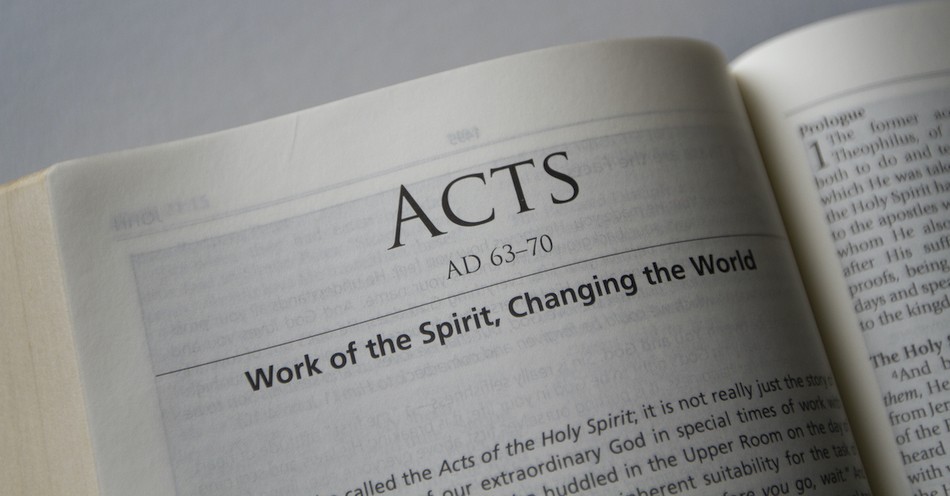Let me summarize the importance of Acts in three simple statements:
The Central Theme of the Books of Acts
A. Acts tells us how the Christian movement came into a beginning. The Books of Acts has been called a transitional book because it bridges the gospels and the epistles. It is the historical link that joins the life of Christ with the growth of the Christian church. As such, it answers the question many first-century observers would have asked: "Where did this new movement come from?" This is condensed history—not an exhaustive story. Luke doesn't tell us everything we might like to know, but he includes every essential detail from the earliest days of the Christian movement. This is apologetics at its best—showing the readers that the Christian faith is firmly rooted in the facts of history.
B. Acts shows us how the church responds when living in a predominately pagan culture. If I could jump ahead for a moment, I would say that we are to respond to surrounding paganism in two ways: First, with a bold witness for the Lord Jesus Christ. That is, we are to speak up and not be silent. Second, with visible love for each other. It was said of the early Christians, "Behold, how they love one another." These two things—bold witness and visible love—have been the hallmark of the church in every age of persecution and hostility. They still hold true today.
C. Acts teaches us about the worldwide mission of the Christian church. Many of you already know that the theme verse of Acts is found in the first chapter, "But you will receive power when the Holy Spirit comes on you; and you will be my witnesses in Jerusalem, and in all Judea and Samaria, and to the ends of the earth" (Acts 1:8). Notice the phrase "to the ends of the earth." What started in Jerusalem will one day reach to the farthest corners of the globe. That was Jesus' plan from the beginning. He always intended that his followers would take his message and go in every direction with the good news.
Excerpted from "The Adventure Begins: How Jesus Works Through Ordinary People" from Keep Believing Ministries (used by permission).



